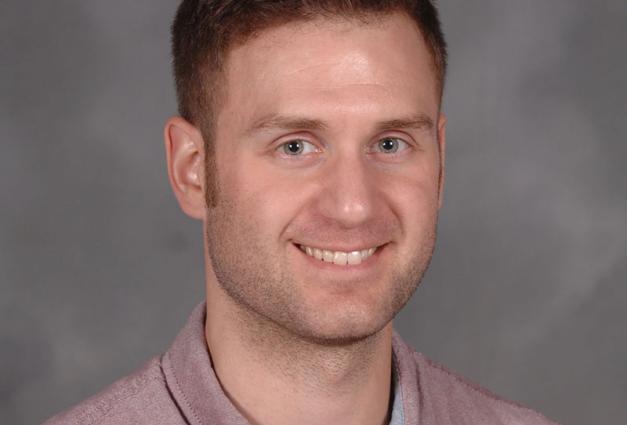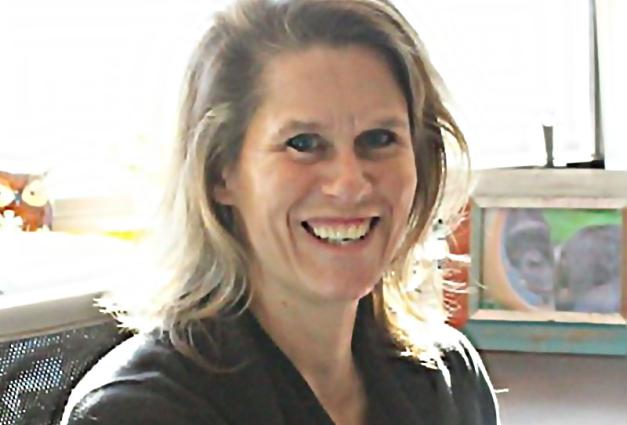Gul Gunaydin is a Professor of Psychology at Sabanci University, Istanbul, Turkey. She received her PhD degree in psychology from Cornell University, USA. Her program of research focuses on interpersonal relationships and addresses questions ranging from relationship formation to maintenance to the well-being consequences of relationships.
What led you to choose a career in personality and social psychology?
It was actually a series of happy coincidences. I majored in business so I initially wanted to pursue a PhD in marketing. I thought a master's in social psychology would be a good foundation before I applied to PhD programs. In the first semester of my master's, I took a graduate seminar in close relationships. I was so fascinated by the topic that I had a change of heart and ended up pursuing a PhD in social and personality psychology at Cornell, where I was fortunate to work with Vivian Zayas and Cindy Hazan. And I have been studying interpersonal relationships ever since!
Briefly summarize your current research, and any future research interests you plan to pursue.
In my program of research, I primarily focus on two types of relationships: minimal social connections with weak ties and strangers, and deeper social connections with romantic partners. In my work on minimal social interactions, I study a wide range of phenomena from how we form impressions of strangers to how everyday interactions with them help boost our happiness. In the second line of work, I aim to address questions ranging from romantic relationship formation and maintenance to the well-being functions of romantic relationships.
The project that is currently keeping me busy is a multi-country study on minimal social interactions. I am collaborating with a great team of researchers on this project: Gillian Sandstrom and Ayse Uskul from the University of Sussex, and Emre Selcuk and Esra Ascigil from Sabanci University. Given the importance of minimal social interactions for healthy human functioning, we aim to uncover the predictors of these interactions and their role in well-being across the globe. We now have collaborators from 139 labs across 63 countries, so I am very excited about the next phases of the study!
Do you have any advice for individuals who wish to pursue a career in personality and social psychology?
Maintain work-life balance. This was something I discovered early in my career by following Cindy Hazan's sage advice. Pursuing an academic career offers a more flexible working schedule but you can easily get sucked into long working hours because there is always something else to do. I find that when I spend more time with loved ones and immerse myself in new experiences, work also becomes more productive and fun.
What are you most proud of in your career?
Receiving the Fulbright Award was a life-changing event in my early graduate career. This award allowed me to do an exchange year at the University of California, Berkeley. There, my interactions with Ozlem Ayduk and Serena Chen shaped my future plans and ultimately led to my decision to pursue a PhD degree in the U.S. I am very grateful for having crossed paths with them.
Do you have a favorite course to teach and why?
I absolutely love teaching Applied Social Psychology! In this course, we read and discuss cutting-edge social psychological research with applied implications. Students also work in groups on "weekly challenges" in which someone from academia or industry describes an everyday problem. Then, students try to address the problem by devising policies based on research findings from the course. It is really fun to teach this course because it is a constant reminder of how relevant social psychological research is for addressing profound day-to-day issues.
Outside of psychology, how do you spend your free time?
I love travelling and exploring new food and cuisines—I am very much a foodie. I recently took up learning Japanese, I am hoping to reach an intermediate level before my next trip to Japan.



